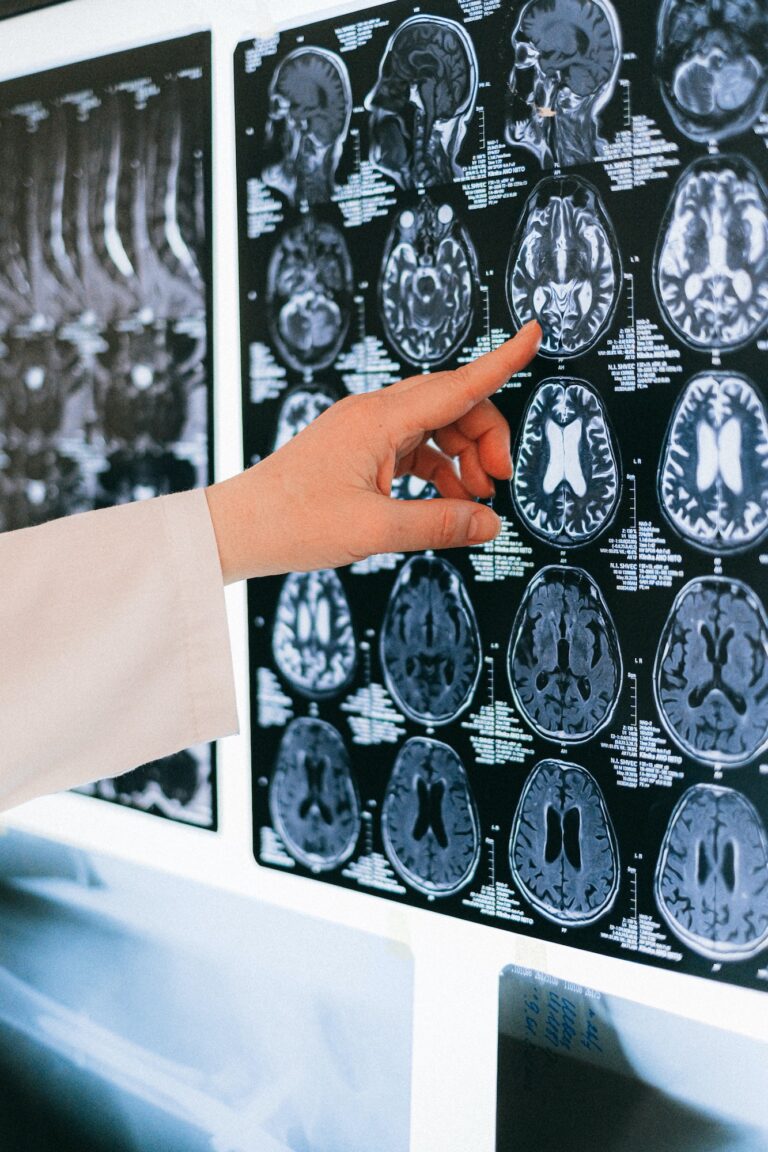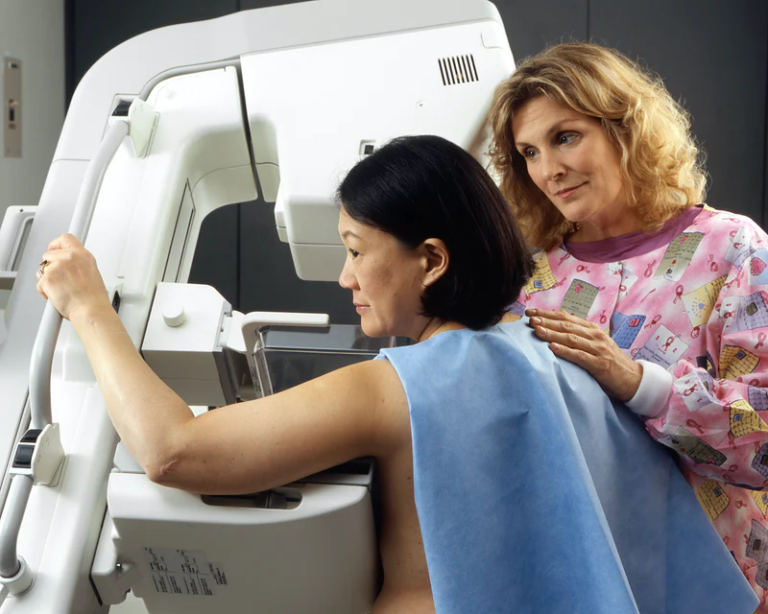16 Breast Cancer Risk Factors for Both Men and Women
It is well-known that breast cancer is a woman’s disease. Breast cancer is the most common type of cancer diagnosed in women in the United States, with more than 252,710 new cases expected to be diagnosed in 2019 alone.
However, what is less well-known is that men can also get breast cancer. In fact, according to the American Cancer Society, about 2,670 new cases of invasive breast cancer are expected to be diagnosed in men in 2019. While this number is much lower than the number of cases expected to be diagnosed in women, it is still important to note that breast cancer does not discriminate based on gender.
So, do men and women have the same risk factors for developing breast cancer? The answer is both yes and no. While some risk factors are common to both men and women, some are unique to either gender. Some of the risk factors that are common to both men and women include:
16 Breast Cancer Risk Factors for Both Men and Women
Risk Factors to Both Men and Women
While some risk factors are common to both men and women, some are unique to either gender. That said, you might be wondering what is breast cancer and why it occurs to both genders. Breast cancer is a type of cancer that forms in the cells of the breasts. While breast cancer can occur in men and women, it is most commonly found in women.
In fact, according to the American Cancer Society, about 1 in 8 women (about 12%) will develop breast cancer at some point during their lifetime. There are several risk factors for developing breast cancer, some common to both men and women, while others are unique to either gender. Some of the risk factors that are common to both men and women include:
Increasing Age: risk of breast cancer increases with age. About 1 out of 8 women will develop breast cancer in their lifetime. However, this number goes up to 1 out of 5 for women over 65. In comparison, about 1 in 1,000 men will develop breast cancer in their lifetime. This number goes up to 1 in 100 for men over 60.
Family History: having a family member with breast cancer can increase your risk. This is especially true if the relative was diagnosed at a young age or multiple family members with the disease.
Genetic Mutations: certain genetic mutations, such as BRCA1 and BRCA2, can greatly increase your risk of developing breast cancer. While these mutations are most commonly found in women of Ashkenazi Jewish descent, they can be present in anyone.
Dense Breasts: women with dense breasts (less fatty tissue and more glandular and connective tissue) have a higher risk of developing breast cancer. It is harder to detect tumors in dense breasts on a mammogram.
Risk Factors Unique to Women
There are several risk factors for breast cancer that are unique to women. These include:
Hormone Replacement Therapy: taking hormone replacement therapy (HRT) can increase your risk of developing breast cancer. This is especially true if the therapy consists of estrogen and progesterone and is taken for more than five years.
Alcohol Use: drinking alcohol can increase your risk of developing breast cancer. The risk goes up with the amount of alcohol you drink. This is because alcohol can damage the cells in the breast and increase the risk of cancer.
Breastfeeding: breastfeeding can decrease a woman’s risk of developing breast cancer. This is thought to be because breastfeeding lowers a woman’s exposure to estrogen, which is a known risk factor for breast cancer.
Early Menarche: starting menstruation at a young age (before 12) can increase a woman’s risk of developing breast cancer. Early menstruation means a woman has been exposed to estrogen for longer.
Older Age at First Childbirth: women who have their first child after age 30 are at a greater risk of developing breast cancer than women who have their first child earlier in life. This is because older women have been exposed to more estrogen over their lifetimes.
Physical Inactivity: not being physically active can increase your risk of developing breast cancer. This is likely because being inactive reduces your overall health and increases your chance of becoming obese.
Hormone Replacement Therapy: women who take hormone replacement therapy (HRT) for menopause symptoms have an increased risk of developing breast cancer. This is because HRT usually contains estrogen, which can stimulate the growth of breast cancer cells.
Risk Factors Unique to Men
There are several risk factors for breast cancer that are unique to men. These include:
Exposure to Estrogen: Men exposed to estrogen (either through their work or taking medications) have an increased risk of developing breast cancer. This is because estrogen can promote the growth of breast cancer cells.
Undiagnosed Breast Conditions: men are less likely than women to be diagnosed with breast cancer because they are not as familiar with their breasts and are less likely to notice any changes. This means that when men are diagnosed with breast cancer, it is often later when the disease has progressed further.
Liver Disease: men with liver disease are at an increased risk of developing breast cancer. This is because the liver plays a role in breaking down estrogen, stimulating the growth of breast cancer cells.
Exposure to Certain Chemicals: Men exposed to certain chemicals, such as benzene and PCBs, have an increased risk of developing breast cancer. This is likely because these chemicals can damage DNA and cause tumor growth.
Prostate Cancer Treatment: men who have undergone treatment for prostate cancer, such as radiation therapy or surgery, are at an increased risk of developing breast cancer. This is because these treatments can damage the cells that produce testosterone, increasing estrogen levels.
Klinefelter Syndrome: men with Klinefelter syndrome (a condition in which a man is born with two X chromosomes and one Y chromosome) have an increased risk of developing breast cancer. This is because they have a higher level of estrogen in their body.
While some risk factors are common to both men and women, some are unique to either gender. Therefore, both men and women need to be aware of the potential risk factors for developing breast cancer. We hope to reduce our risks for developing this devastating disease by understanding all possible risk factors.









